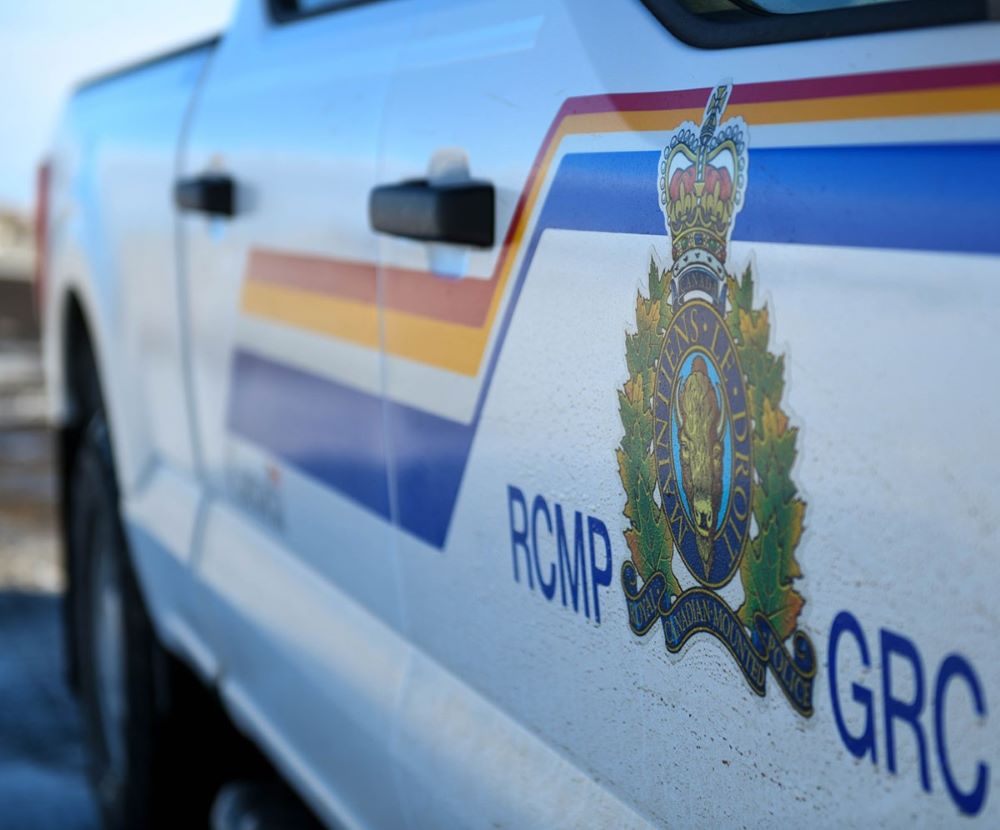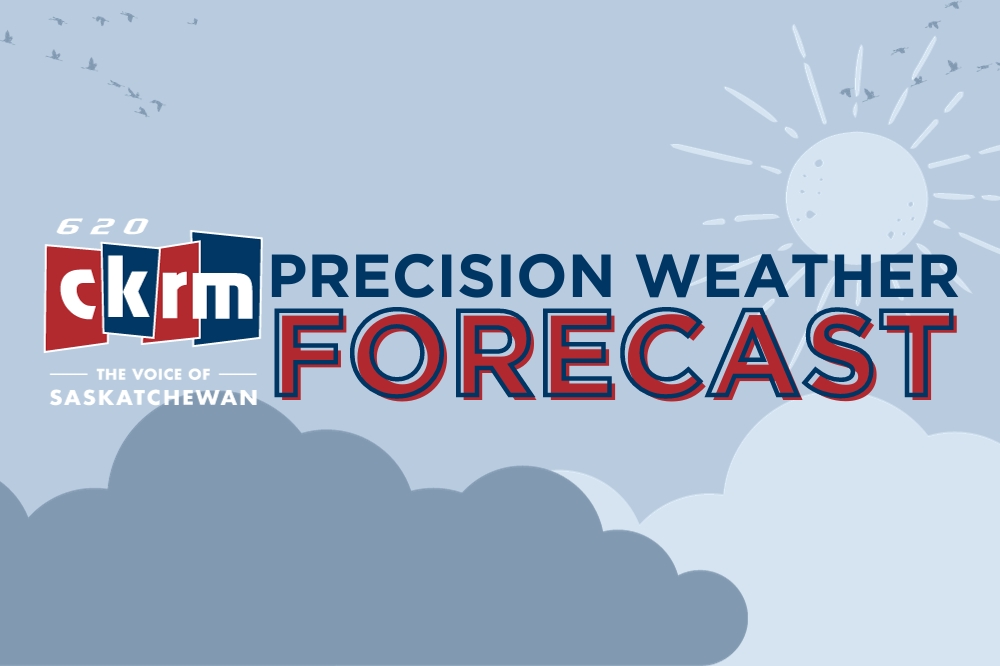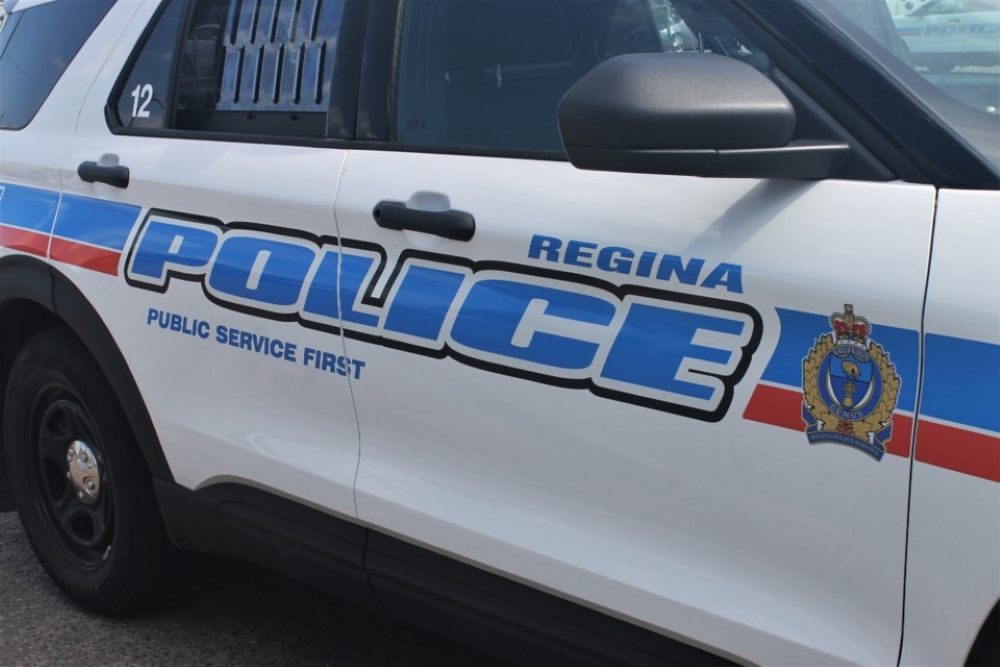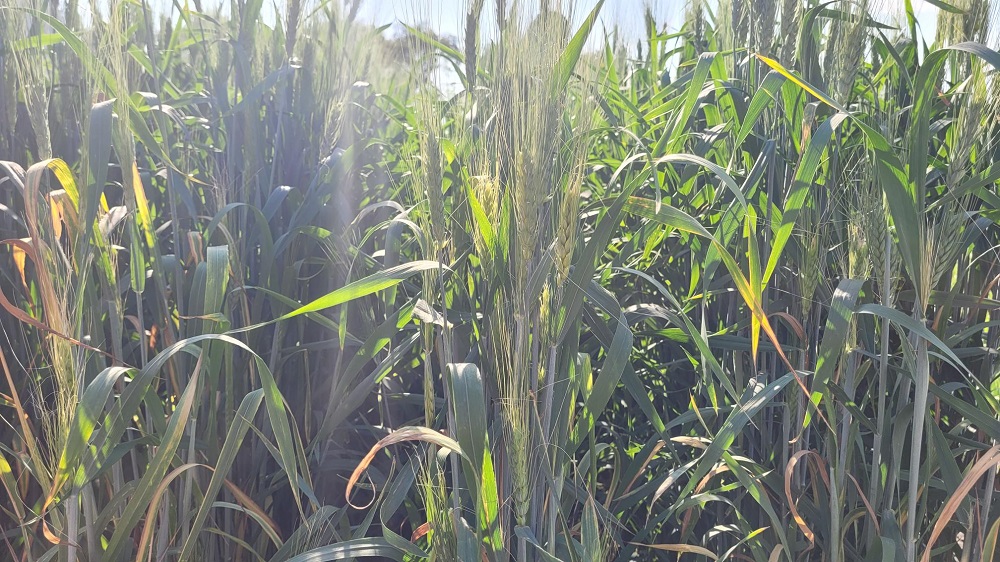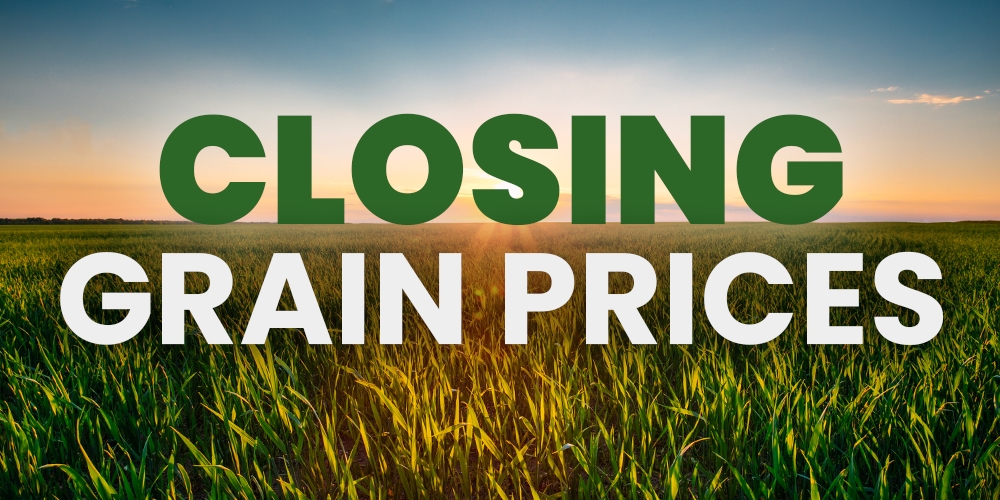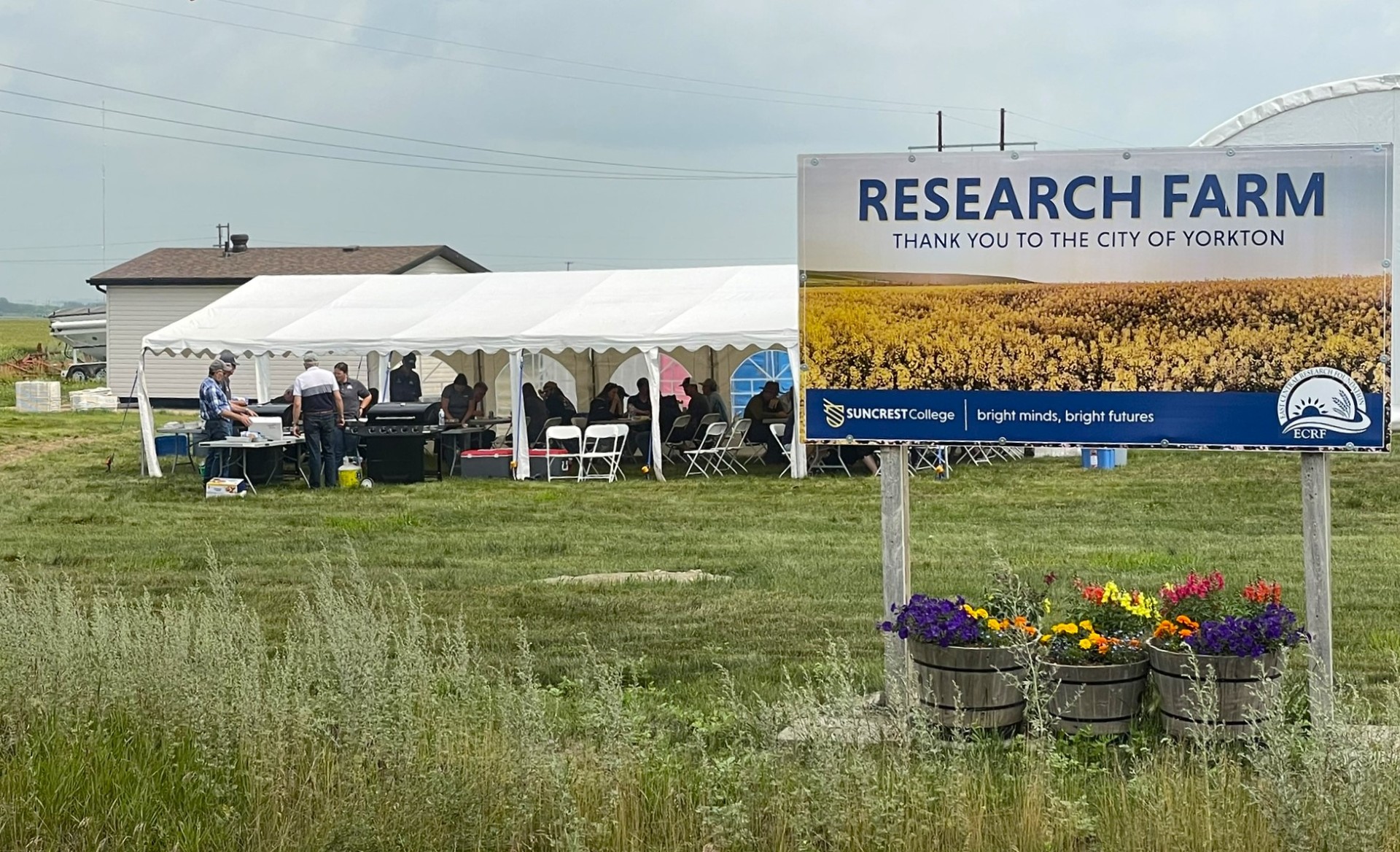With rising food costs, the Regina Food Bank has become a refuge for many individuals and families across the city.
In the spring, the food bank partnered with schools in both the public and catholic divisions and launched a variety of different lunch programs.
This allows the food bank to connect with and feed students and their families. Also, it helps to encourage school attendance and promotes a healthy learning environment.
“I think for us, the big piece of this is that it’s not just a lunch program. What we’ve done is establish a program that sort of fills some of the gaps. We know that some schools have lunch programs, some schools have snack programs, and we don’t want to create a sort of redundant offering where we’re giving things that folks already have,” says John Bailey, CEO of the Regina Food Bank.
“We have a couple of different approaches to it. It could be a lunch; it could be a weekend snack program. We’re offering school hampers where every two weeks, we’ll set up at a school, and they can sort of do a grocery store-style shop for food. Obviously at no cost to the kids,” he said.
According to the Regina Food Bank website, it offers four different school programs.
- The School Food Pantry. Which acts as a “free grocery store” for kids to pick out food items for themselves on the weekend to support their health and learning.
- Weekend Snack Packs. These packs are sent home with kids on Fridays.
- Lunch Program. Approximately 50-75 lunches are delivered to participating schools three times a week.
- Summer Hamper Program. Teachers and facility staff assisted the food bank in giving out take-home hampers containing food and household essentials to families and students throughout the summer months.
Currently, the Regina Food Bank has initiated these programs in nine schools for both elementary and secondary within the city.
“Through from the spring through to now, we’re serving about a thousand families across the city with this program specifically. We’re hoping to continue to expand by the end of this year, and have sort of redoubled that number, so we’re hoping to have twice as many families being served. We’ll make sure to continue to keep changing and morphing to meet the needs of students and families in the community,” said Bailey.
Bailey states that no geographic location doesn’t have families in need, so the goal is to expand to all schools in all locations across the city that may need these services.
As for the services in current participating schools, the Regina Food Bank has received a lot of positive feedback from the schools and students involved.
“The feedback we’ve gotten has been fantastic. I think for us, the really exciting piece is actually the buy-in at the school level. Where teachers, guidance counsellors, and administrators are really taking it on and owning it… It really is an exemplary look at what partnerships should look like.”
“We know what we do well, and that’s making sure that we can bring in food processes and give it out into the community. We know the schools have incredible connections to the students and their parents and extended family. So, by leveraging that connection, to be able to identify kids and families that might need support and our ability to get them the food, we turn that into a sort of superpower,” he continued.
Bailey also says that the schools have been reporting higher than average attendance on the days when lunch programs are available. Therefore, it’s believed that these school lunch programs have helped create a healthy, welcoming, and encouraging learning space for students.
More information on the programs, how to donate, and how to become a volunteer can be found on the Regina Food Banks website.



